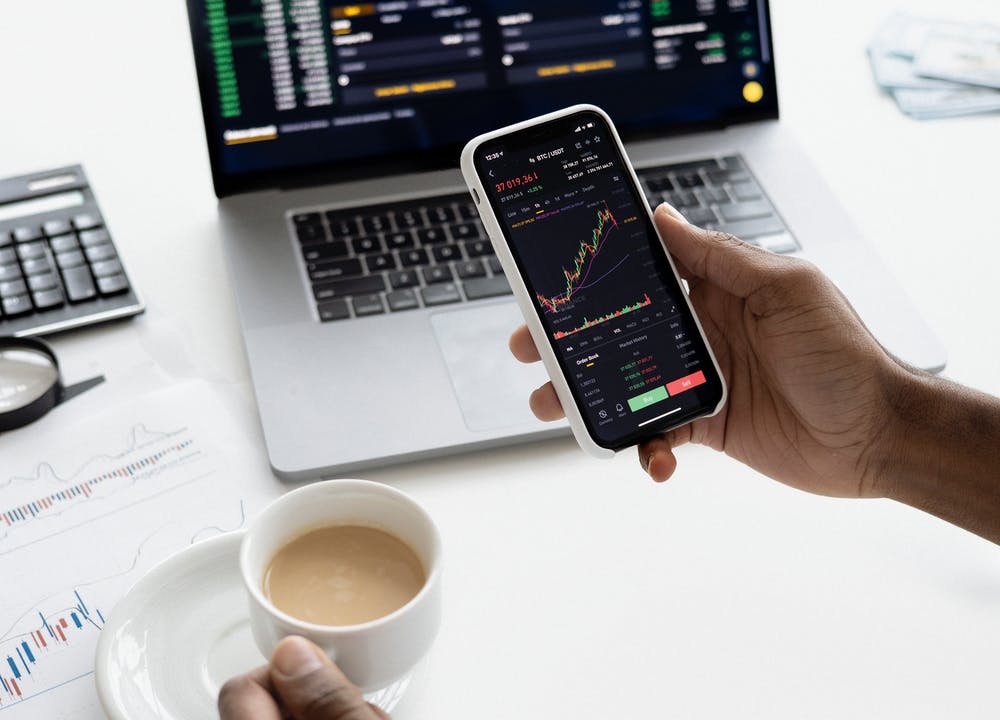Business Leaders Endorse Labour Party in General Election
In British general elections, it has become common for business leaders to endorse one party or another through round-robin letters. However, this was not always the case. Around 30 years ago, business leaders were more open about publicly supporting a particular party. Large corporations would regularly make donations, mostly to the Conservative party, and individual business leaders were not shy about showing their support for certain politicians. This was especially evident during the 1980s, where prominent figures such as Sir Rocco Forte, Lord Hanson, and P&O’s Lord Sterling were well-known supporters of Margaret Thatcher. The clear shift to the left by the Labour party under Michael Foot made it clear which party was perceived as being more favorable for business.
However, things began to change when Labour, under the leadership of Neil Kinnock, took a more traditional center-left stance and actively sought a closer relationship with the business community. In the 1992 general election, Labour held fundraising dinners, with tickets costing £500 each. While many attendees were from the entertainment industry, there were also notable business figures, such as investment banker Jon Norton. Additionally, Labour’s shadow chancellor, John Smith, initiated the “prawn cocktail offensive,” aimed at winning over the City. This was met with praise from the Financial Times, who controversially endorsed Labour in 1992. However, it was criticized by Michael Heseltine, the then-deputy prime minister, who famously remarked, “never have so many crustaceans died for so little.”
Labour’s efforts to gain the support of the business community intensified when Tony Blair became the party leader in 1994. Many prominent business leaders, including those from FTSE-100 companies, publicly endorsed Labour ahead of the 1997 election. Some notable names include Chris Haskins, chief executive of Northern Foods; Lord Hollick, chief executive of United News and Media; and Cob Stenham, chief executive of Arjo Wiggins. As the election approached, more influential figures, such as George Simpson, managing director of GEC, and David Sainsbury, chairman of a leading supermarket chain, also showed their support. Crucially, even former Conservative donor Sir Richard Sykes, chairman of Glaxo, publicly stated, “We don’t fear a Labour government at all.”
It was during the 1997 election that the first round-robin letter from business leaders endorsing Labour was released. This trend continued in 2001, with 58 top executives signing the letter in support of Tony Blair. However, after the Iraq War, some business leaders, such as Psion founder David Potter and book retailer Sir Tim Waterstone, refused to sign a similar letter ahead of the 2005 election. Despite this, Labour still managed to gather 63 signatures, including names like Charles Dunstone, founder of Carphone Warehouse, and Sir Gerry Robinson, chairman of Allied Domecq, for a letter to the Financial Times.
Support for Labour diminished in the 2010 general election, as Gordon Brown had taken over from Tony Blair, and his policies were not as favorable to businesses. The introduction of a new top income tax rate of 50% and an increase in national insurance contributions for employers and employees did not sit well with the business community. The Conservatives, led by David Cameron, capitalized on this and successfully won the support of business leaders. A letter to The Daily Telegraph, signed by 23 executives, including leaders of household names like GlaxoSmithKline and Next, pledged to reverse the national insurance increase. Embarrassingly for Brown, two signatories were members of his own Business Council. This set the trend for subsequent years, with a letter containing 103 signatures in support of the Conservatives in the 2015 election.
In the lead-up to the 2017 election, there was no round-robin letter from business leaders, and a subsequent attempt later that year to garner support for the May government’s Brexit strategy was unsuccessful. Similarly, in 2019, with Boris Johnson, who had famously said, “f*** business” in 2018, and the anti-business Jeremy Corbyn as the main candidates, most executives chose not to publicly endorse any party.
Therefore, today’s letter endorsing Labour is a throwback to previous years, particularly 2010 and 2015, and even further back to 1997. However, compared to previous letters, it lacks the star power and support from big corporations. Notable names include former Sky Betting & Gaming chief executive Richard Flint and former Heathrow chief executive John Holland-Kaye, with only one FTSE-100 company, JD Sports, represented. Some signatories, such as Richard Burge, former chief executive of London Chamber and Commonwealth Enterprise Council, were already members of the Labour Party. As the Financial Times noted, “Some of the most prominent signatories no longer






